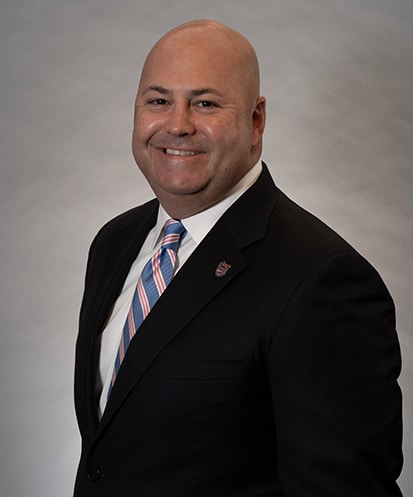Medical Malpractice and the Rise of Gastric Bypass Surgical Errors

The rise in popularity of gastric bypass and other surgical weight loss procedures is directly linked to the rising obesity rates in the Unites States. Gastric bypass is a bariatric surgery technique which treats morbid obesity by dividing the stomach into a small pouch and re-routing the small intestine. This procedure reduces the volume of the stomach by about 90%, making it almost impossible for the individual to overeat without getting terribly ill. The body feels full after eating the tiniest amount of food and the individual loses weight quickly. There are approximately 200,000 gastric bypass procedures performed in the U.S. each year.
Health risks of gastric bypass surgery
While the various types of bariatric surgeries have proven to be very effective at helping patients lose large amounts of weight quickly, they also pose serious health risks to patients some of which include:
- Infections
- Hemorrhage
- Hernia
- Bowel obstruction
- Anastomotic strictures
- Anastomotic ulcers
- Bleeding
- Gastritis
- Nausea
- Vomiting
- Diarrhea
Prevention Magazine reports that “according to a University of Minnesota review of research on 22,000 patients, 1 out of every 200 dies within 30 days of the surgery. And 2 to 3% will suffer a life-threatening complication such as a leak in the intestines, a blood clot, or internal bleeding,” serious injuries that often require several subsequent surgeries to repair. As the number of these procedures goes up the number of medical malpractice claims from gastric bypass goes up.
Common types of bariatric surgical malpractice
Some of the more common medical errors associated with gastric bypass surgeries may include:
- Surgeons with inadequate experience performing the procedure
- Failure to diagnose and treat gastric bleeding and leaking gastric fluid into the abdominal cavity
- Performing the procedure on patients who are not suitable candidates due to existing health conditions
- Failure to recognize and treat surgical complications such as internal hernia and pulmonary embolism
- Inadequate monitoring of patients post-operatively
Whether the cause of the injury is the lack of training and experience on the part of the surgeon, misdiagnosis of possible post-surgical complications such as pulmonary embolism, infection or hernia, a medical mistake related to gastric bypass surgery can cause serious complications in the patient’s life. Individuals who have been injured because of medical malpractice during weight loss surgery may be able to take legal action against their physician and the hospital.

Christopher T. Nace works in all practice areas of the firm, including medical malpractice, birth injury, drug and product liability, motor vehicle accidents, wrongful death, and other negligence and personal injury matters.
Read more about Christopher T. Nace.
